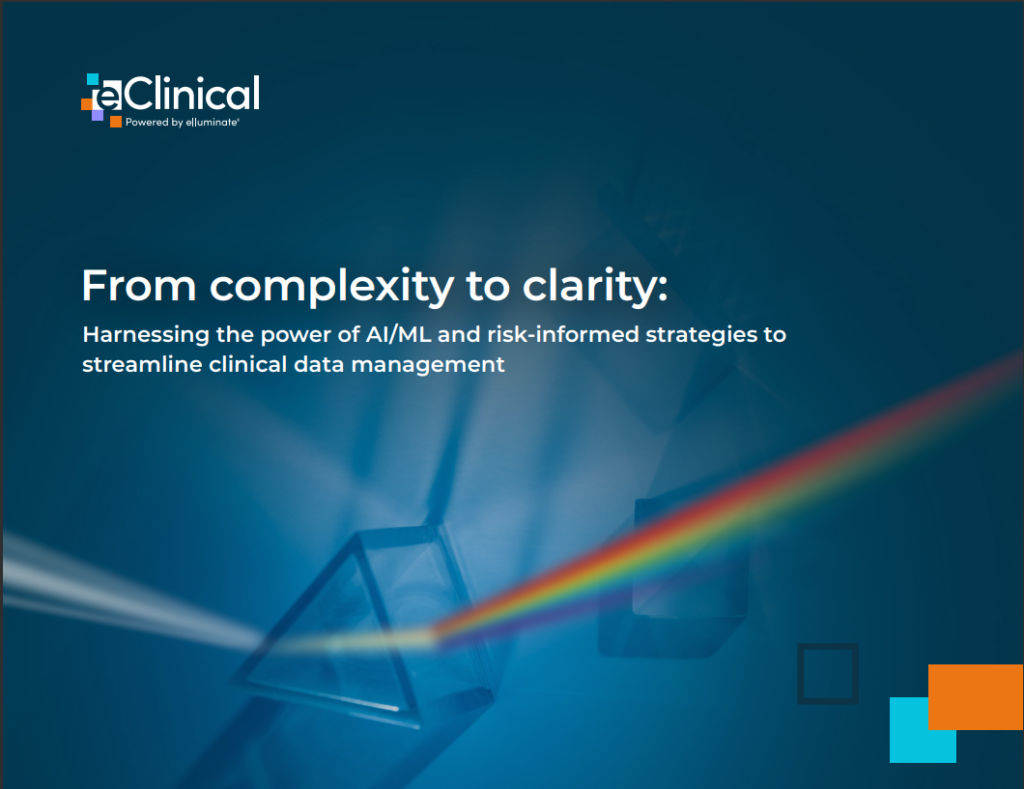Sponsored Post
The technology industry has a varied reputation when it comes to data protection and responsible data use. This is partly due to the inevitable mistakes and learnings that come from operating in an ever-changing data landscape – but it also stems from a lack of impetus for, and recognition of, the work required to ‘do better.’ With so much focus on where the industry has gone wrong with data use, consumers and the business community risk losing sight of the good data stories, and those who are acting with the right intent on their behalf. There’s no doubt data can do a great deal of good for all of us – when used responsibly – but it falls to us in tech to demonstrate why we should be trusted to unlock those benefits for our customers and communities.
Responsible data use in practice
As the custodians of customer data, the technology industry has a unique responsibility to protect, manage and use customer data responsibly. So what does this mean in practical terms?
It’s a given that organizations must comply with the data regulations governing their industry and region, such as GDPR. But it makes increasingly good business sense for organizations that seek long term, mutually beneficial relationships with their customers to consider what more they can do. Among other things, this means greater transparency, a focus on emerging issues like algorithmic safety, and tricky trade-off discussions about whether certain commercial objectives are justified.
Responsible data use is an increasingly valuable lens to apply to the behaviors and decisions an organization makes in every area of data use; from technology investments, product development, policies and procedures, to partnerships and acquisitions. The commitment to responsible data use should be evident across all levels of an organization – underpinned by a clear set of guidelines and principles which reflect both purpose and values.
When considering how best to implement and lead an approach to responsible data use, it’s helpful to put the customer at the center of your decisions and consider how to earn and maintain their trust. This involves a solid understanding of what’s important to your customers, which can only be achieved through careful and consistent listening.
Ultimately, responsible data use is about doing more with data to benefit customers and the community – not about locking data away. But the license to do more can only be built on trust.
Barriers to overcome
Even with the best intent, a clear set of principles, and strong sense of responsibility, there are still significant barriers to overcome. If we look at the small business community in particular, we know from our research* that there is a need for better information and greater levels of data literacy to address low awareness of data management and protection practices, as well as fear of data sharing.
When it comes to the benefits of data sharing, the majority of small business owners are ‘extremely or very concerned’ about their data being sold or shared without their permission (52%*) and 36%* see no benefits to sharing their data at all. Concerningly, only 17 per cent* ‘understand completely’ how their tech providers use their company’s data. This knowledge gap extends further to the customers of small businesses who also have concerns about how their data is being used. In some cases, small business owners are even uncertain of whether they’re using customer data responsibly.
This certainly means we have a lot of hard work to do as an industry to rebuild trust in our actions and how we treat customer data but it also reinforces the significant need for education across the small business community.
The role for education
Using data responsibly is in everyone’s interest and education plays a key role in enabling and empowering customers to retain control of their data and reap the benefits and value that come from best practice. But education is much more than learning and applying best practice; it’s also about being informed and prepared for the future.
At Xero, we run an education program to help small businesses and advisors understand both the challenges and opportunities related to data use. We also work with an external advisory council made up of subject matter experts from around the world to improve the knowledge, and guide the actions, of small business owners and their advisors on using data responsibly now, and into the future. The council offers a healthy balance between offering its expertise on emerging trends and key areas for consideration, as well as practical information to address the challenges and opportunities associated with data sharing and managing data today.
Conclusion
From strengthening insights into how a business operates and keeping businesses better equipped and informed, through to saving time with automation and even deepening a business’ understanding of its customers – the potential of data to make life easier for businesses and their customers is awe inspiring. Our ability to attain those benefits depends on trust – which can only be earned through responsible data use.
This is a journey for every organization and we’re all at a different stage; just as our customers and partners are. If we choose now to be the point at which we commit to a continual cycle of improvement in our responsible use of data, we will all do better – by ourselves, our customers and our partners. Now is the time for tech leaders to take the next step forward and commit to doing better.
*Xero commissioned market research, conducted by Perceptive in April, 2021, asking 2,620 small business owners in Australia (n=503), New Zealand (n=417), the United Kingdom (n=591), the United States (n=491), Canada (n=340), Hong Kong (n=97) and Singapore (n=181) to understand the opportunities and challenges they face regarding data use and the benefits of data sharing.
About the Author

Dr Kendra Vant is Executive General Manager of data at global small business accounting platform Xero. In this role, she heads a global team building data-driven products that harness AI and machine learning to solve complex problems for business and industry. She is also the chair of Xero’s new Responsible Data Use Advisory Council. With a career spanning four countries and eight industries, Kendra has worked in bespoke systems development, in generating business insights from data, and is now focused on applying machine learning to create personalized experiences in an increasingly connected world.




Speak Your Mind